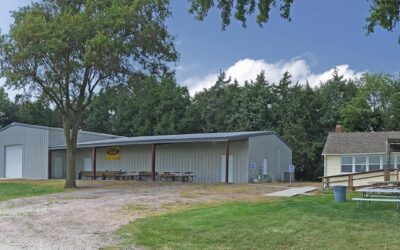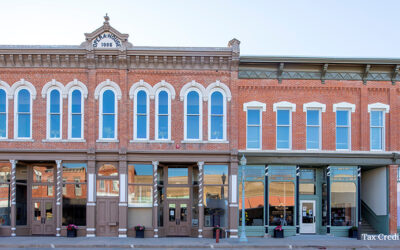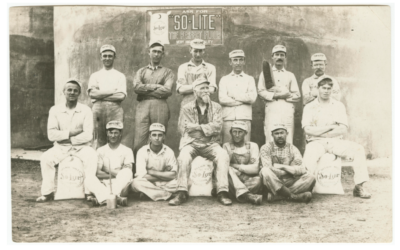Nebraska winters and winter weather have furnished ample material for reminiscences by Nebraskans. Territorial settler Clarke Irvine recalled in an account published by the Nebraska State Historical Society in 1892 (Transactions and Reports, Vol. III):
“The winter of 1854-55 was so remarkably mild that everybody who had come to Nebraska, was thrown off his guard and imagined it enjoyed an Italian climate. And the North-west [section of Nebraska] is peculiar in this, that occasionally, it will have a winter so dry and mild and constantly full of calm sunshine, as to surprise strangers. Neither California nor Florida ever affords such wholesome, delightsome weather owing to the dry, clear atmosphere. Such winters are rare and that was one of them. The blizzard was unknown to us.
“The first perfect example of a blizzard came in December, 1856, beginning with a snow storm from the north-east, early one forenoon-a fine warm, heavy, snow storm, giving us around Ft. Calhoun, about two feet by night. At night the blizzard began from the north-west and lasted over forty-eight hours. It was one of the worst ever known, and was followed about once every week or two by others almost as bad, and during some days in February, the mercury fell below 40. And yet, they were followed by the most beautiful winter weather imaginable; calm, clear and cold. It was a labor requiring time, and money to break the roads and restore communication between various points. Many persons perished during these storms, because none of us could realize the danger. Even cattle died, being suffocated by the frozen mists that filled the air, so that even by day one could not see his hands before his face. By mid-winter the wolves and deer became so desperate, they would come close to the houses. . . .
“But for deer meat, we must have suffered. It was a common thing to meet deer in the paths and they would not give way, owing to the deep snow and the crust on it, which would cut their legs as they broke through. All one had to do was to carry a club and knock the animals down.”



